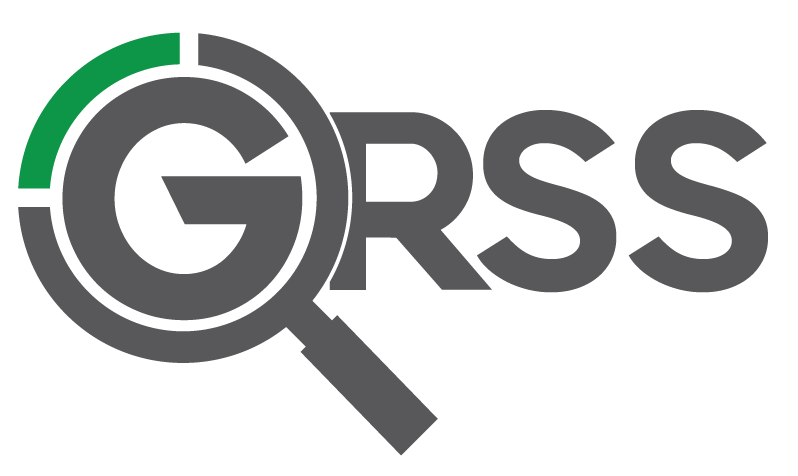The record-keeping obligations applicable to regulated firms undoubtedly became more onerous with the arrival of MiFID II, which extended the rules to include other forms of media and markets and removed the ability of buy-side firms to rely on broker recording. The expectations of regulators towards tackling market abuse have at the same time been ramped up following the implementation of MAR, and this regulatory intent has been demonstrated through many market abuse enforcement notices and a steady stream of cases in progress.
Every Firm must address and update its policy regarding permissible employees communication channels, both to internal and external recipients, this will enable the firm to capture all the relevant communications. The proliferation of communication channels means that firms can no longer worry just about applying record keeping requirements to phone, mobile and email channels. The switch to home working during the pandemic, and the establishment of longer-term hybrid arrangements in its aftermath, have accelerated the use of video platforms to conduct business, and alternative messaging channels, which are often encrypted, to now hold conversations that are caught by the record-keeping rules. The pandemic has also provided further challenges over remote working and policies around the use of private devices and information security questions. Firms must establish clear policies that capture these emerging challenges and demonstrate that these policies are properly implemented in practice.
However, even if a firm can gather its e-comms data across all these emerging channels, it may still find that it falls short of current regulatory expectations. This is because simply holding the data (archiving) is not enough, as this is seen as a passive activity. Firms need to consider how to demonstrate effective action against financial crime, and so active surveillance of this data is required to tackle market abuse and confirm appropriate oversight of the business.
Regulated firms have been required for some time by the FCA to have effective controls to prevent and detect market abuse. The issue of market abuse has been a fixture on the FCA’s list of priorities for many years and has moved up the list. The FCA has underlined the potential risks created by the pandemic due to the changes in working patterns and market volatility and trading practices.
Trade surveillance processes are clearly a major tool in the fight to meet these regulatory expectations concerning the identification of abusive trading practices. Increasingly trade surveillance systems are developing levels of sophistication that allow tailoring of alerts, trade reconstruction and a more intelligent monitoring of trading behaviour.
An effective and holistic approach to monitoring market abuse should also include e-comms surveillance. Archiving data will achieve compliance with the record-keeping requirement, but unless a firm can illustrate it has made an effective and proportionate effort to assess such records for indications of market abuse, then a significant potential exposure to regulatory action is created. While archiving systems for record-keeping will often include search capabilities, these tend to have limited functionality and are a cumbersome and reactive way to identify issues in the trading activity of firms. It is unlikely that firms relying on such ad hoc monitoring of record-keeping systems will be considered effective in case of a challenge. The proliferation of communications channels also poses further challenges to such an approach, given that records from each channel are often maintained in separate silos.
The appearance on the market of sophisticated e-comms surveillance systems that allow firms to effectively monitor records across multiple written and voice channels and work in conjunction with trade surveillance systems provides firms with the tools to meet enhanced scrutiny of trading activities. This is an invaluable, but not necessarily expensive, development for firms trying to meet their obligations, particularly when the regulator itself has invested heavily in its trade surveillance capabilities.
E-comms surveillance systems will scan records across channels for suspicious items using a lexicon tailored to how and where the firm trades. Where this is integrated with trade surveillance, the firm can build a complete picture around trading behaviours. Such systems increasingly come equipped with levels of artificial intelligence and machine learning that will over time increase the quality of alerts by improving relevance and reducing the volume of false positives.
Of course, even proactive e-comms surveillance will never provide complete protection against determined abusive trading practices. Still, it is vital to demonstrate the application of a consistent, robust approach that was designed around each firm’s specific areas of potential risk, so as to provide a vigorous defence of adequate procedures and oversight to regulatory challenges. For firms still relying on ad hoc review processes around archived records, it is worth considering how comfortable you would feel in the case of a forensic review identifying an incriminating email trail or voice recording that the firm was previously unaware of.
GRSS would be happy to help you with an assessment of your process, a test of your existing system, and other suggestions around surveillance.









